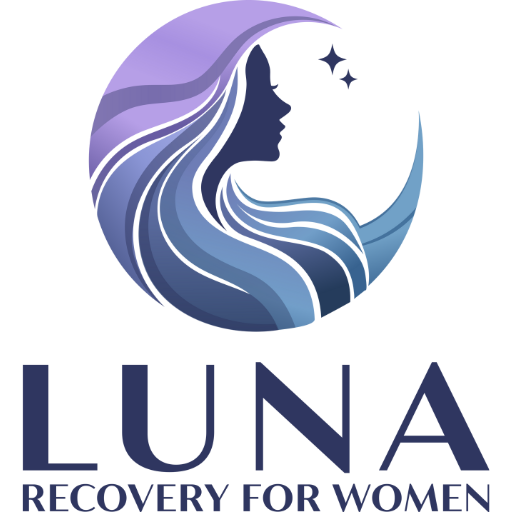Cocaine addiction poses severe risks to both the brain and body. Even a single use of crack or cocaine can result in substantial harm. As a powerful stimulant, cocaine rapidly accelerates activity within the central nervous system, often within minutes of use. While this heightened state may create temporary feelings of alertness, confidence, and energy, it also places immense strain on the body, potentially triggering numerous harmful side effects.
How Cocaine Impacts Vital Organs

Cocaine abuse can negatively impact nearly every organ in the body, but certain areas are particularly susceptible to damage. The heart, for example, is especially vulnerable. Australian researchers have described cocaine as the ideal “heart attack drug” due to its intense effects—even first-time users without any underlying conditions are at risk of cardiac arrest. Cocaine raises the heart rate while narrowing blood vessels, reducing oxygen supply and forcing the heart to work harder. Chronic use can lead to serious cardiovascular issues, including atherosclerosis and coronary artery disease, which is the leading cause of death among men and women in the United States.
The nose is another organ commonly affected by cocaine use, particularly when the drug is snorted. This method of intake causes the blood vessels in the nasal passages to constrict and dilate repeatedly, resulting in persistent nasal congestion and inflammation. Over time, the repeated trauma can permanently damage these blood vessels and diminish the user’s sense of smell. In severe cases, the loss of blood supply to the septum may cause tissue death and lead to the collapse of the nasal bridge.
The lungs are especially at risk when cocaine is smoked in its freebase form, commonly known as crack. Smoking crack can cause a potentially fatal condition called “crack lung,” which is characterized by severe chest pain, elevated body temperature, and difficulty breathing. Chronic use may also cause users to cough up blood and increase their susceptibility to respiratory infections and lung collapse.
Finally, cocaine compromises the immune system by disrupting the function of interleukin-6 (IL-6), a protein essential for fighting off infections. This immune suppression makes users more vulnerable to contracting serious illnesses such as hepatitis and HIV, particularly when the drug is injected using shared or unsterile needles.
Cocaine Use During Pregnancy: Risks to Mothers and Babies
Pregnant women who use cocaine face significant health risks, such as:
- Migraines
- Seizures
- Premature delivery
- High blood pressure
- Miscarriage
- Complications during labor and delivery
- Harm to fetal development
Infants born to mothers who used cocaine during pregnancy are at greater risk for:
- Premature birth
- Low birth weight
- Smaller head circumference
- Slower growth rates
- Behavioral disorders
- Attention and memory difficulties
- Language and executive function delays
Cocaine’s Toll on Mental Health
Cocaine abuse can deeply affect mental health, both during active use and in withdrawal. It may intensify underlying psychological issues or trigger new ones, including:
- Anxiety and paranoia
- Egocentric or distorted thinking
- Dysphoria (persistent negative mood)
- Disordered eating, such as anorexia
- Delusions and hallucinations
- Anhedonia (inability to experience pleasure)
- Depression
Due to the heightened potency of crack cocaine, users may face even more serious mental health symptoms, such as:
- Increased anxiety and paranoia
- Greater risk of psychotic episodes, including detachment, unusual behavior, and lack of personal accountability
- Heightened aggression or violence
A large European study found a strong link between cocaine use and co-occurring mental health disorders, including antisocial personality disorder (ASPD), post-traumatic stress disorder (PTSD), and depression. The risk of developing such conditions was especially high among individuals with frequent drug use, poor overall health, and challenging life circumstances like unemployment or poverty.
Cocaine Addiction Treatment in North Andover, MA

The harmful effects of cocaine are serious—but they don’t have to be permanent. With professional treatment, it’s possible to reduce, manage, and even reverse some of the damage caused by cocaine addiction.
At Luna Recovery for Women, we offer high-quality, evidence-based treatment for cocaine addiction and co-occurring mental health issues. Our compassionate team of Master’s-level clinicians provides individualized care to help each client build the skills they need for lasting recovery.
Contact us anytime at (855) 943-0472 or info@lunarecoverycenter.com, or visit us at 1270 Turnpike St, North Andover, MA (01845).
Don’t wait. Begin your recovery journey today.
